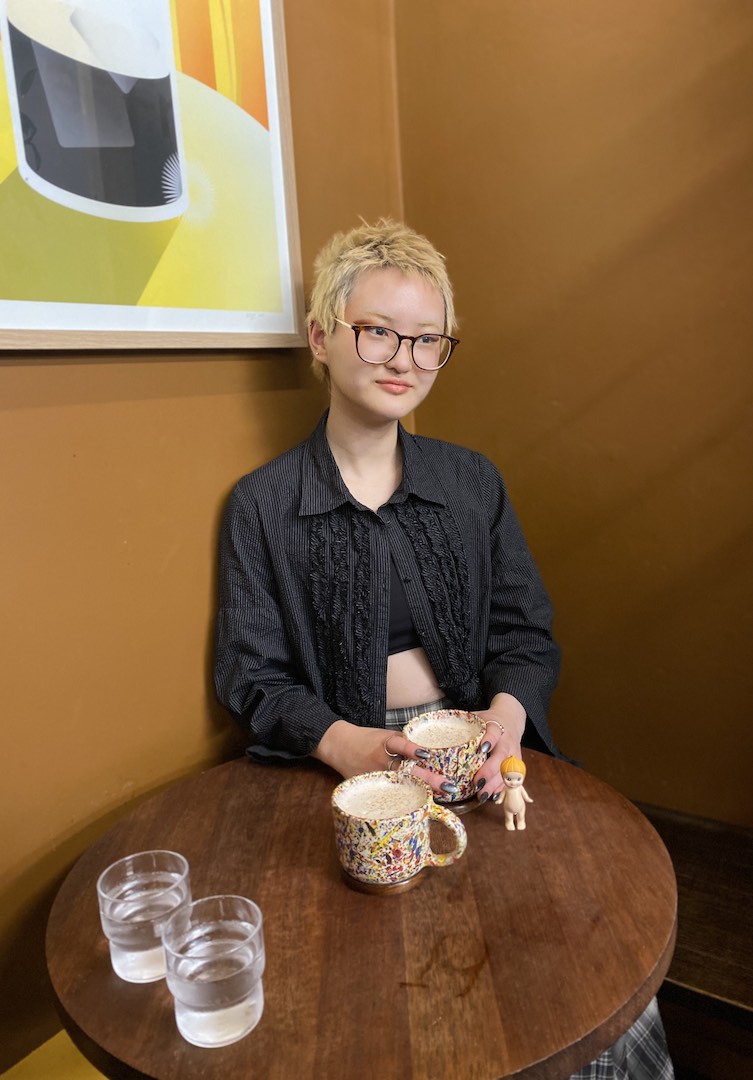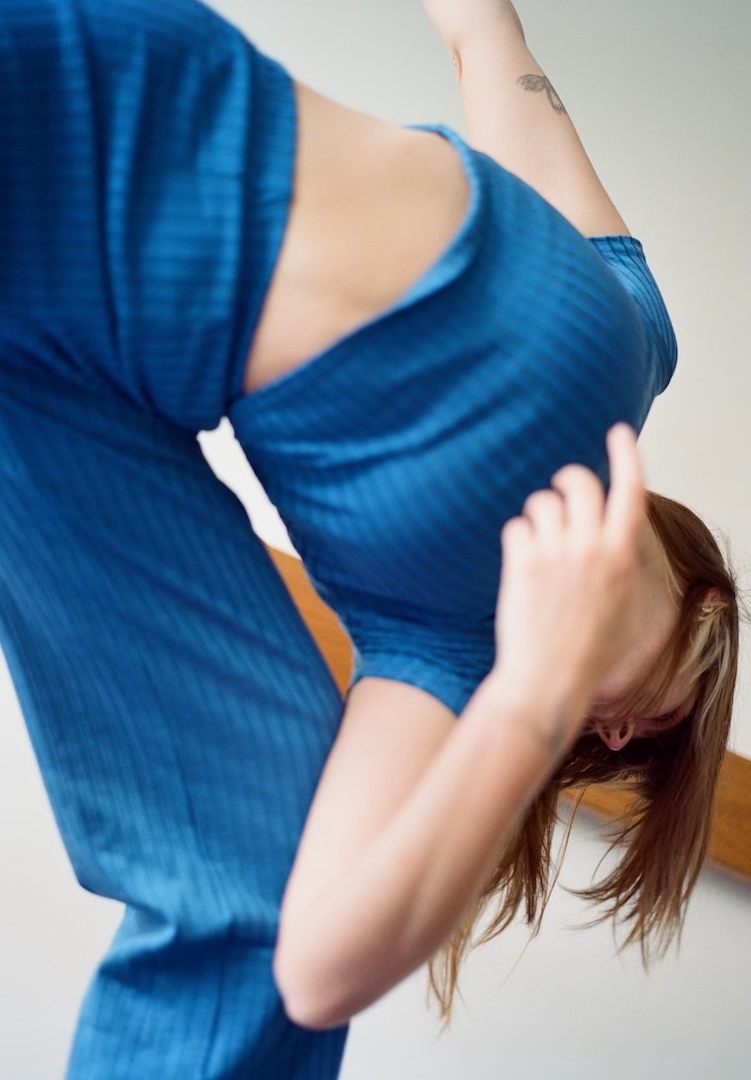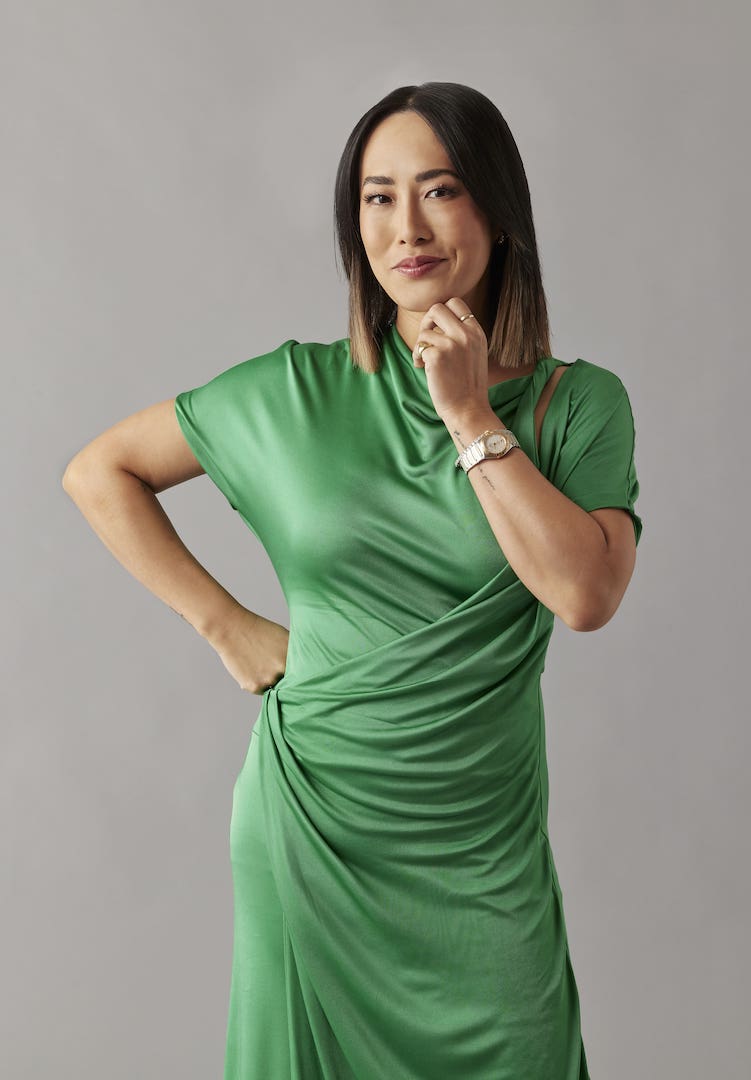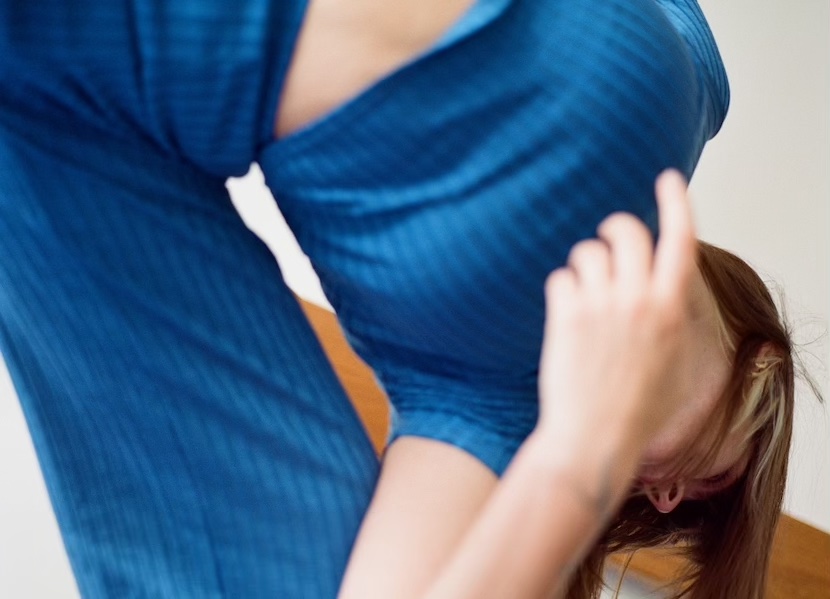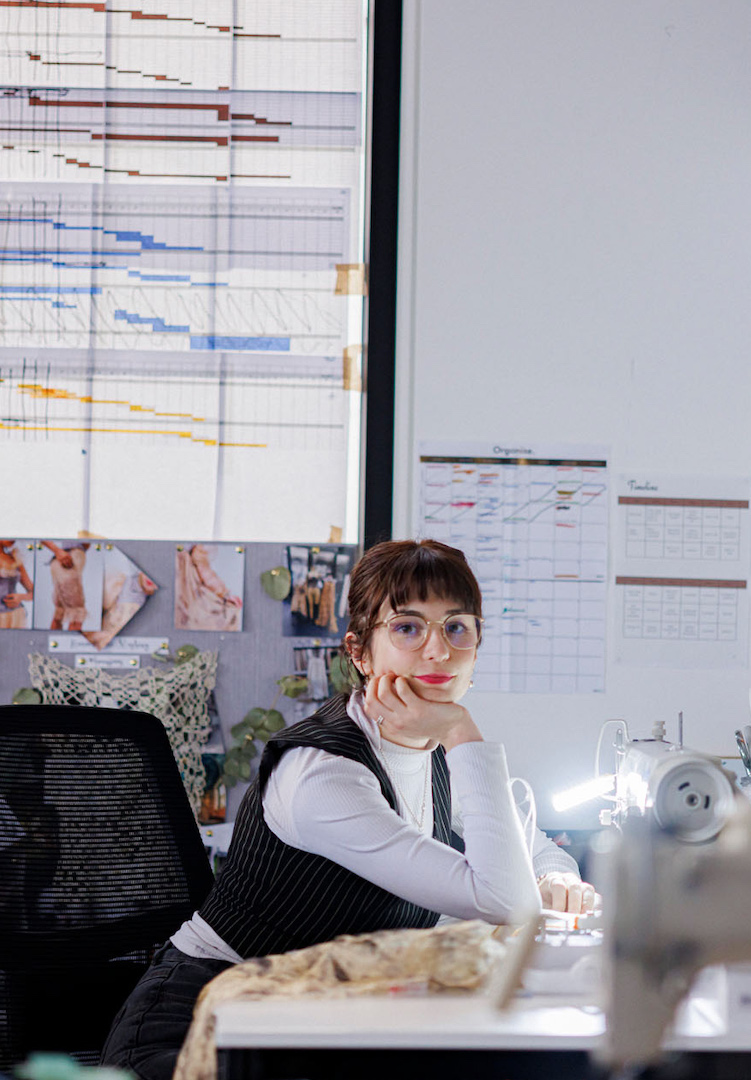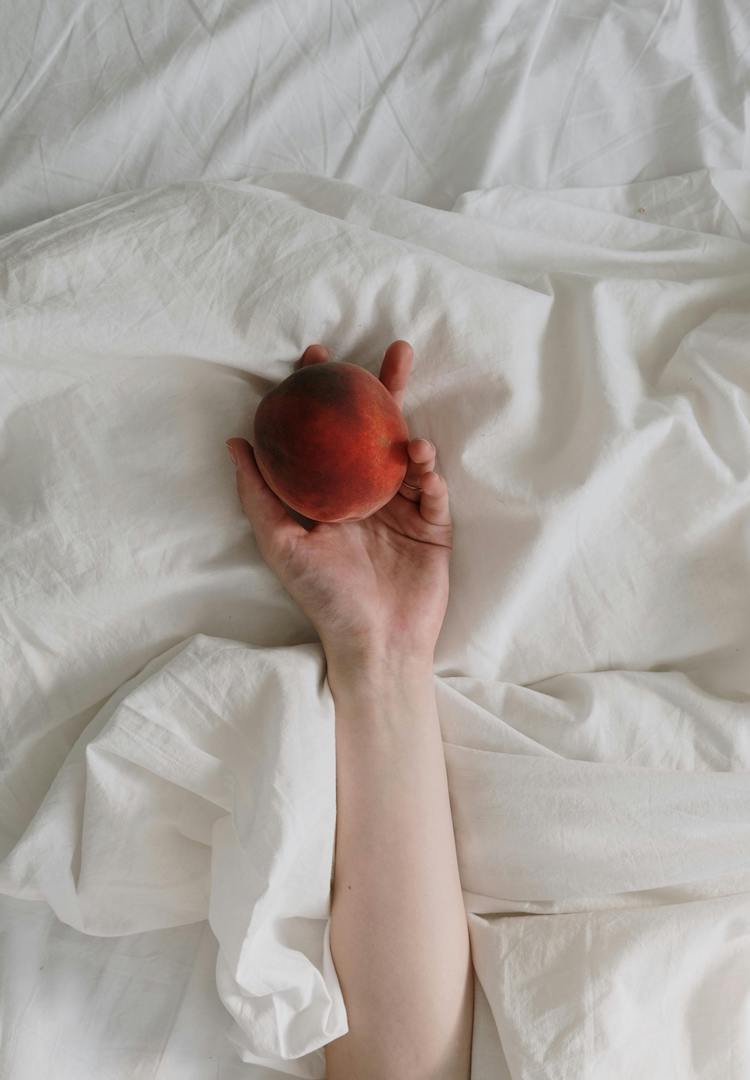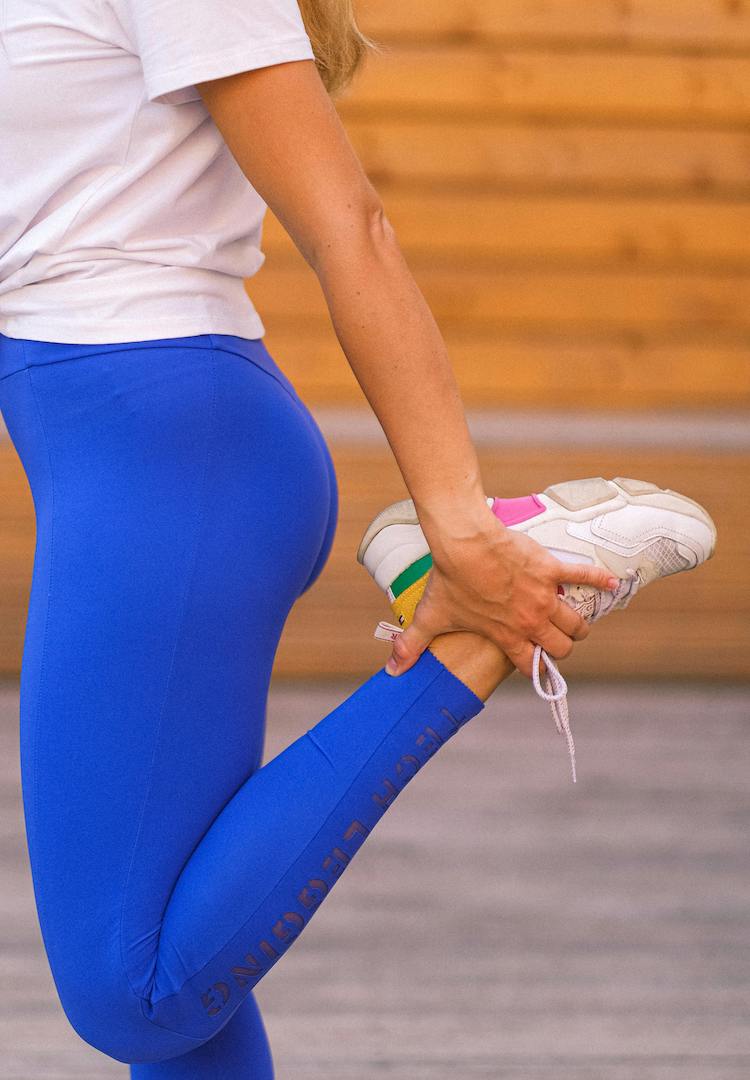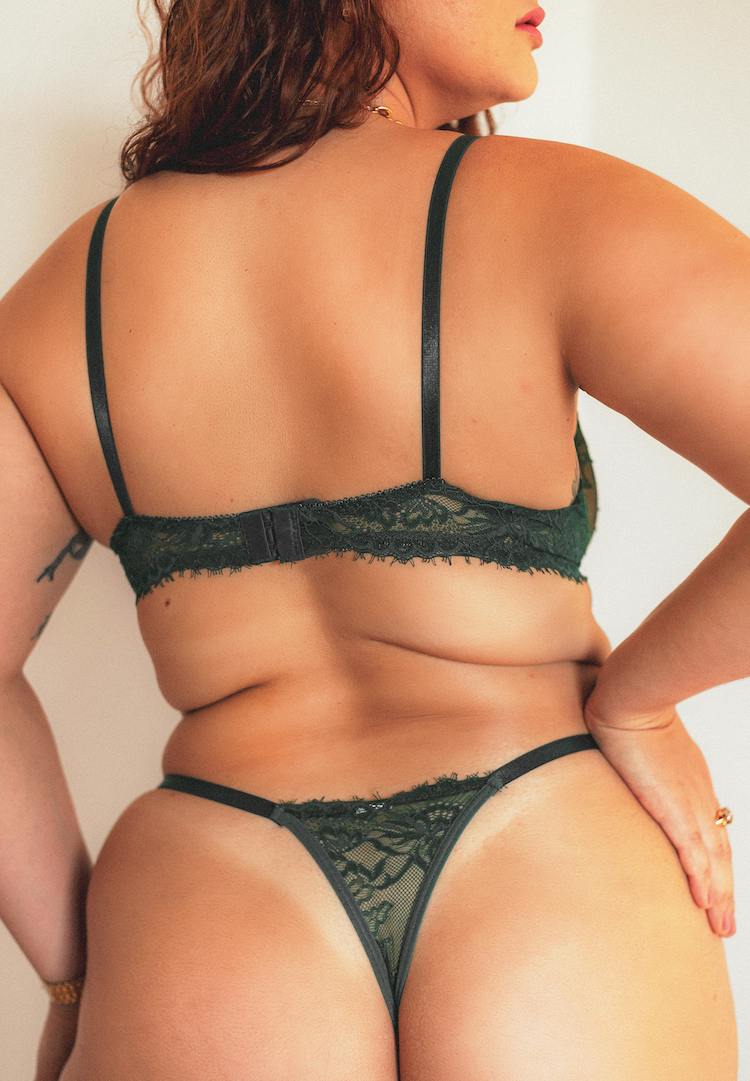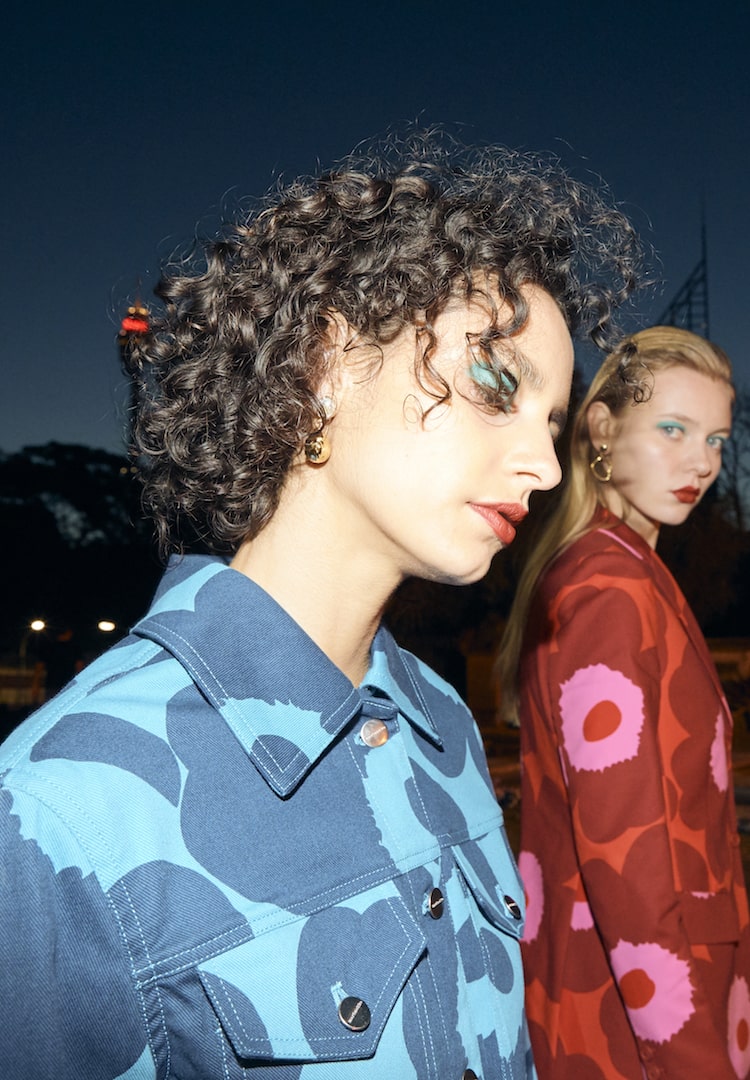‘Soft’ dance classes are growing in popularity, here’s why
PHOTOGRAPHY BY Shannon May Powell FOR GREEN MONDAY STUDIOS
WORDS BY LEILA LOIS
“The dress code is not leotards and pointe shoes but ‘come as you are’.”
You walk into a gently lit studio, where natural lighting and soft tones set the scene. The vibe is relaxed, the instructor is wearing loose, flowing clothing and the other dancers have their hair out or in a relaxed ponytail. The dress code is not leotards and pointe shoes but ‘come as you are’. The music is upbeat and alternative, not the plinky piano music of your childhood ballet classes.
This gives you a picture of the growing ‘soft’ dance movement. Increasingly, the busy and unrelenting pace of urban life is leading us towards activities that promote slowness. Soft dance focuses on the somatic experience of dance and its therapeutic elements.
For more content like this, browse through our Life section.
“It’s about dance as not something to be watched necessarily, but to be done… for enjoyment,” explains Claire Leske, the Founder of Open Dance in Carlton. Open Dance classes are led by professional dancers for people from a wide range of careers and backgrounds.
“You can always be a dancer regardless of how you make your money,” Claire says. “I’m lucky enough to have been able to maintain a career as a professional dancer and dance educator, but for some people, that’s not the goal. I know whenever I have thought about leaving the dance industry, I’ve felt sad about the prospect of leaving class, which offers community and connection.”
And it is this community-building aspect that Open Dance classes are leaning into, rather than competitiveness. Dancers are encouraged to unwind and let go in classes like ‘Really Nice Ballet’ and ‘Super-Chilled Contemporary’. There’s no pressure to perform, and certainly no push to take exams. The classes have a relaxed, low-pressure pace, and dancers are encouraged to enjoy the music and find their own way of self-expression.
“Some of our dancers might have hangups from dance education, [like] an overarching feeling that they weren’t good enough when they went to dance school,” Claire says. “Perhaps dance wasn’t a welcoming space, maybe they’re coming back to dance after a period of disillusionment. We want our classes to embrace them where they are at… there is no requirement to be at a certain ‘level’ to enjoy class.”
But what’s it really like to take one of these alternative, soft dance classes? “I felt zero judgement when I messed up (which was a lot),” an Open Dance participant explains to me. “I left ballet eight years ago because it stopped being fun, so I’m really grateful for a positive experience coming back.”
“I love the chill classes,” another says. “They’re fun and challenging without being too difficult or serious.” Another person leading the revolution in soft dance is Caitlin Dear, a dance artist based in Melbourne. They run a dance collective called Soft Studio. The classes, Caitlin says, are centred around “embodied practice and mindfulness”.
All levels of experience are welcome in the classes, which aim to “help people feel good in their bodies and connect with the joyful pleasures of movement”. Caitlin says soft dance “disrupt[s] fitness culture”, helping to embrace “a radical, enjoyment-based approach to exercise”.
Soft Studio is queer and disabled-run space, making for a more inclusive experience. “Many of my students tell me horror stories about being shamed by dance teachers… but I think this is rapidly changing, it’s a very exciting time and I’m honoured to be part of this movement for softer spaces and practices,” they explain.
A typical class starts with brewing fresh tea, stretching and chatting while gently working up to exercises. Caitlin also makes sure inclusive toiletries, hair ties, mats, props and cushions are provided in classes, as well as private non-gendered spaces for changing to create the most inclusive, supportive environment possible.
Albee Barton runs Green Monday Studios in Carlton, where Soft Studio classes are held. She has dedicated the space to gentle, creative modalities of movement. Albee has been practising dance and creative movement since she was a child, taking over ownership of the studios with her business partner, Meah Velik-Lord, in 2019.
Their shared passion for creative movement is infectious, and the timetable has expanded to a wide range of classes over the past few years. Currently, Green Monday caters for everyone, from toddlers to those over 70 years old. Albee quotes the contemporary choreographer, Pina Bausch, who persistently broke the mould in the dance world. “I’m not interested in how people move, but rather in what moves them,” she says.
This has become the guiding vision for the studio, and the wider soft dance community. It’s this welcoming feeling that keeps people coming to classes and celebrating softer ways of being. So shake your bun loose, pull on your sweats and let your body relax. Lycra and dance shoes are strictly optional.
For more on soft movement, head here.

